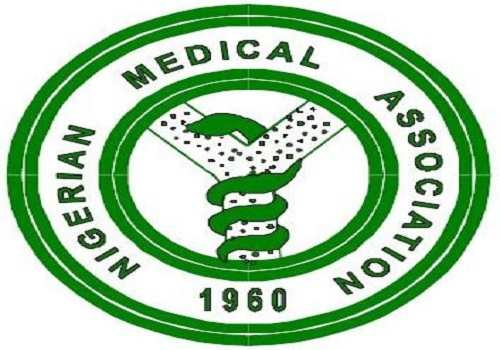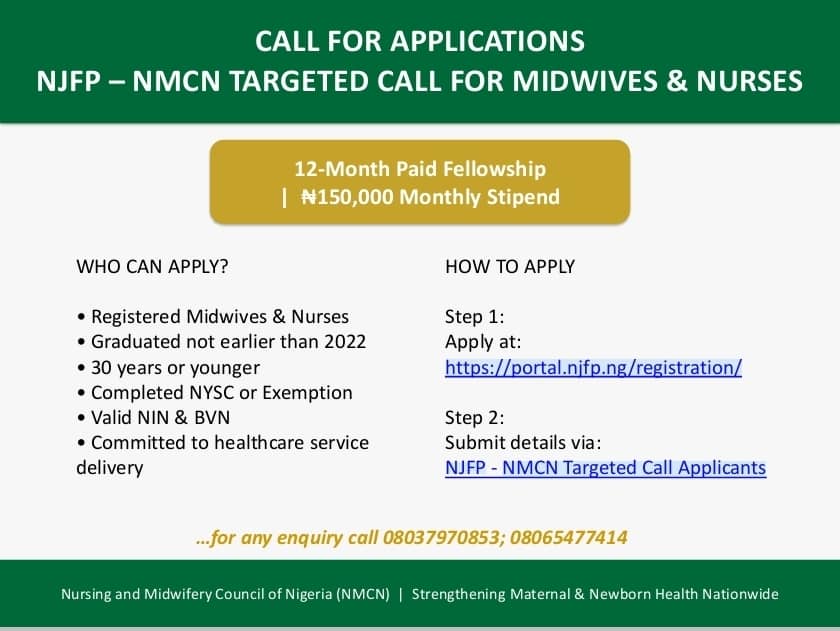The Director-General of the National Agency for Food, Drug Administration and Control, Prof Mojisola Adeyeye, said the agency will partner relevant stakeholders in the health sector to enable traceability in the usage of drugs.
Speaking during the second African GS1 Health care Conference held in Lagos on Tuesday, Adeyeye said there was the need to create a system to track and trace drugs in the country.
She said, “We need a system where we can track and trace our drugs. In developed countries, you can trace the drugs from the patient to the manufacturer. Every drug is supposed to have the barcoding that comes with the bag of medicine. So, if there is a problem, they can track it to the original manufacturer.
.jpg)
“Our vision is to establish a governance structure for advocacy, collaboration, responsible resource mobilisation, and oversight of global standards and traceability implementation. Also, we want to strengthen the regulatory environment to include legal frameworks that enable traceability of quality pharmaceuticals through the legitimate supply chain.”
Adeyeye added that NAFDAC was working on a five-year plan to salvage the situation of traceability in the usage of drugs in Nigeria.
“The five-year plan seems long, but it is not long. A lot of time is needed to put track and tracing in place. It is going to start from the manufacturers, few of the them have barcoding but it is for verification, not tracing. That amounts to a lot of modification on their side. That will cost money and time.
“The distributors also have to know that scanning the bar code will help them with all the necessary information they need about the drug. That is what NAFDAC is going to oversee. As we speak, we are talking with the Federal Government to provide us more staff to be able to carry out these tasks,” she said.
Also, the Chief Executive Officer of GS1 Nigeria, Mr Tunde Odunlami, said patients’ safety was paramount and traceability would restore confidence in medicines purchased.
“The focus of this initiative is centred on the patients’ safety. And if you look at the supply chain that services the patients, it is complex and invisible. We need to shed light on that chain and we can only do that when you bring all the players together. Traceability gives confidence in the use of the drugs. You have little fear knowing that you can trace the drug to the manufacturer, if necessary. That is the level of visibility that we are trying to bring to the health care system,” he said.
ABUJA: Training Schedule for Basic Life Support BLS, Pediatric Advanced Life Support (PALS), Advanced Cardiovascular Life Support ACLS, First Aid, CPR, AED
PORTHARCOURT: Training Schedule for Basic Life Support BLS, Pediatric Advanced Life Support (PALS), Advanced Cardiovascular Life Support ACLS, First Aid, CPR, AED
LAGOS: Training Schedule for Basic Life Support BLS, Pediatric Advanced Life Support (PALS), Advanced Cardiovascular Life Support ACLS, First Aid, CPR, AED
STOP paying for airtime and electricity, Let your phone pay its bills with ScreenT





